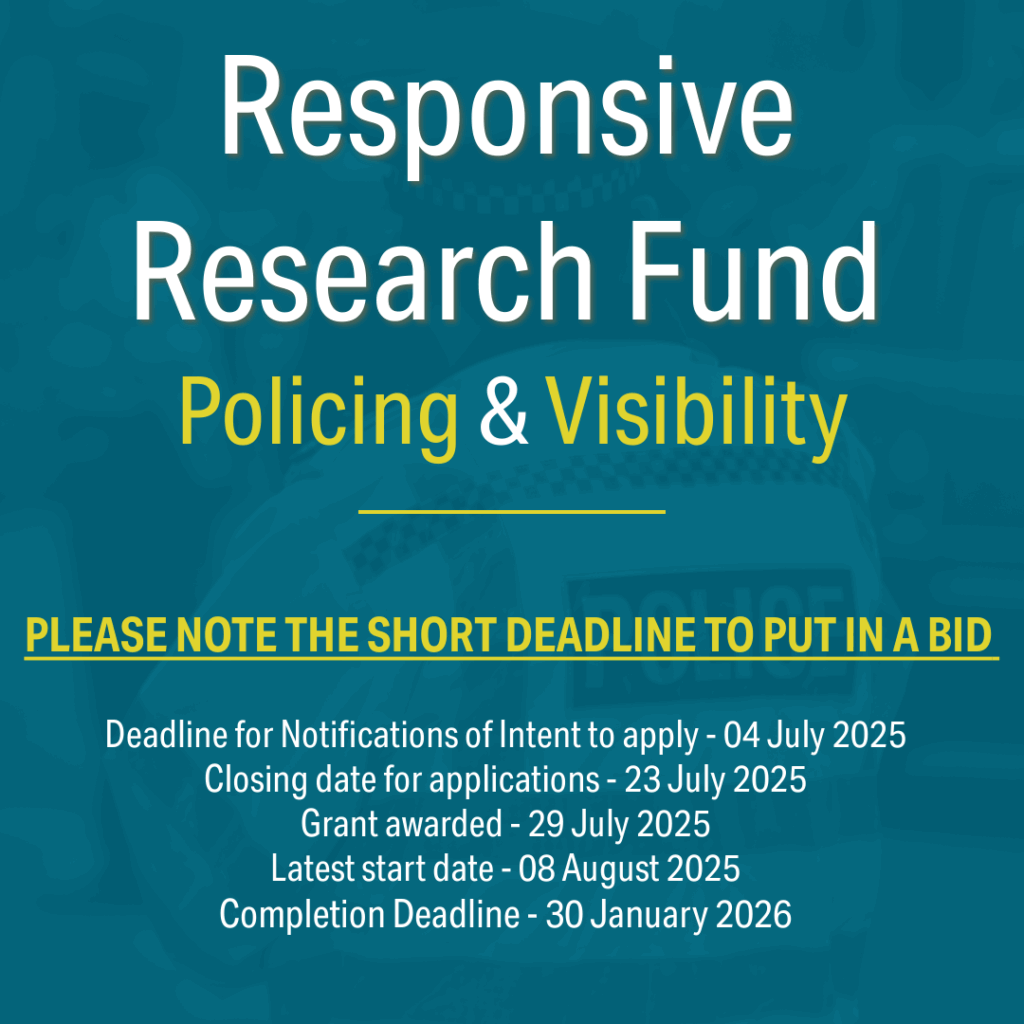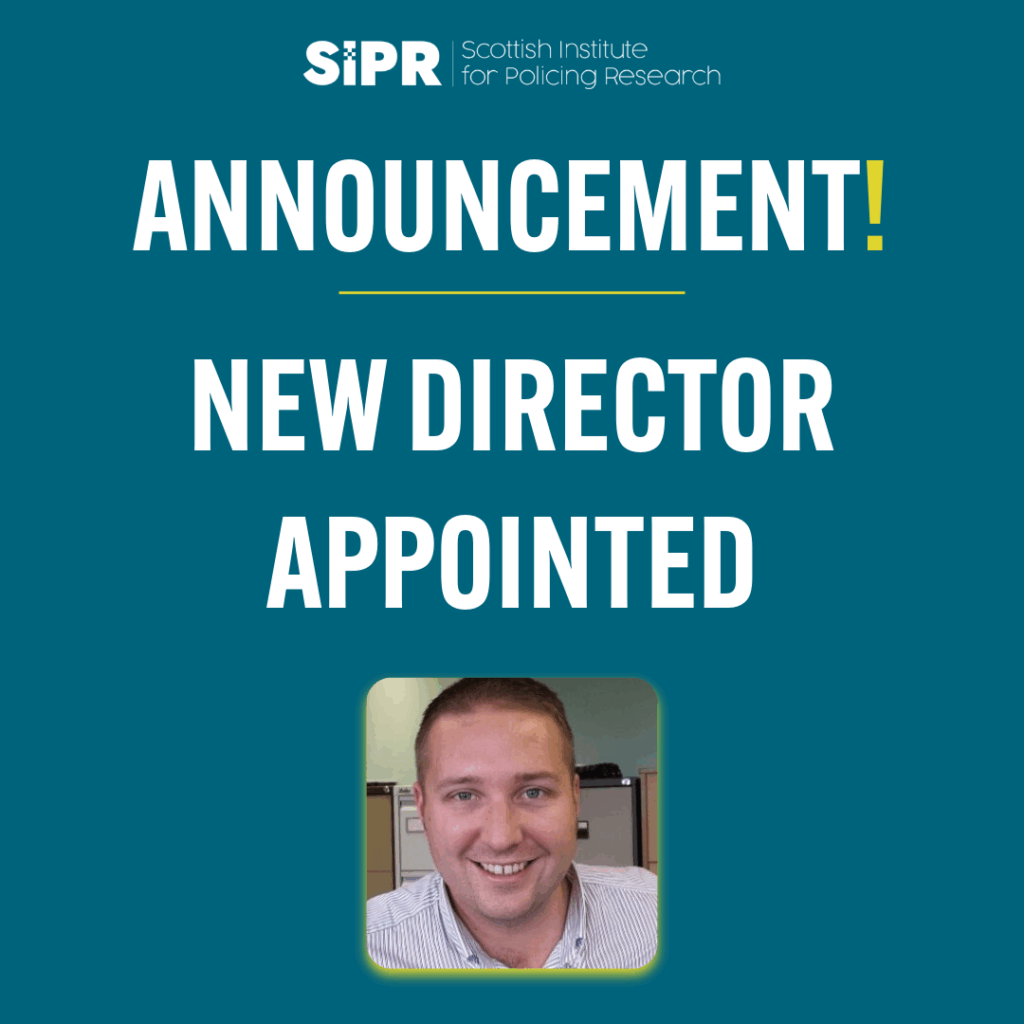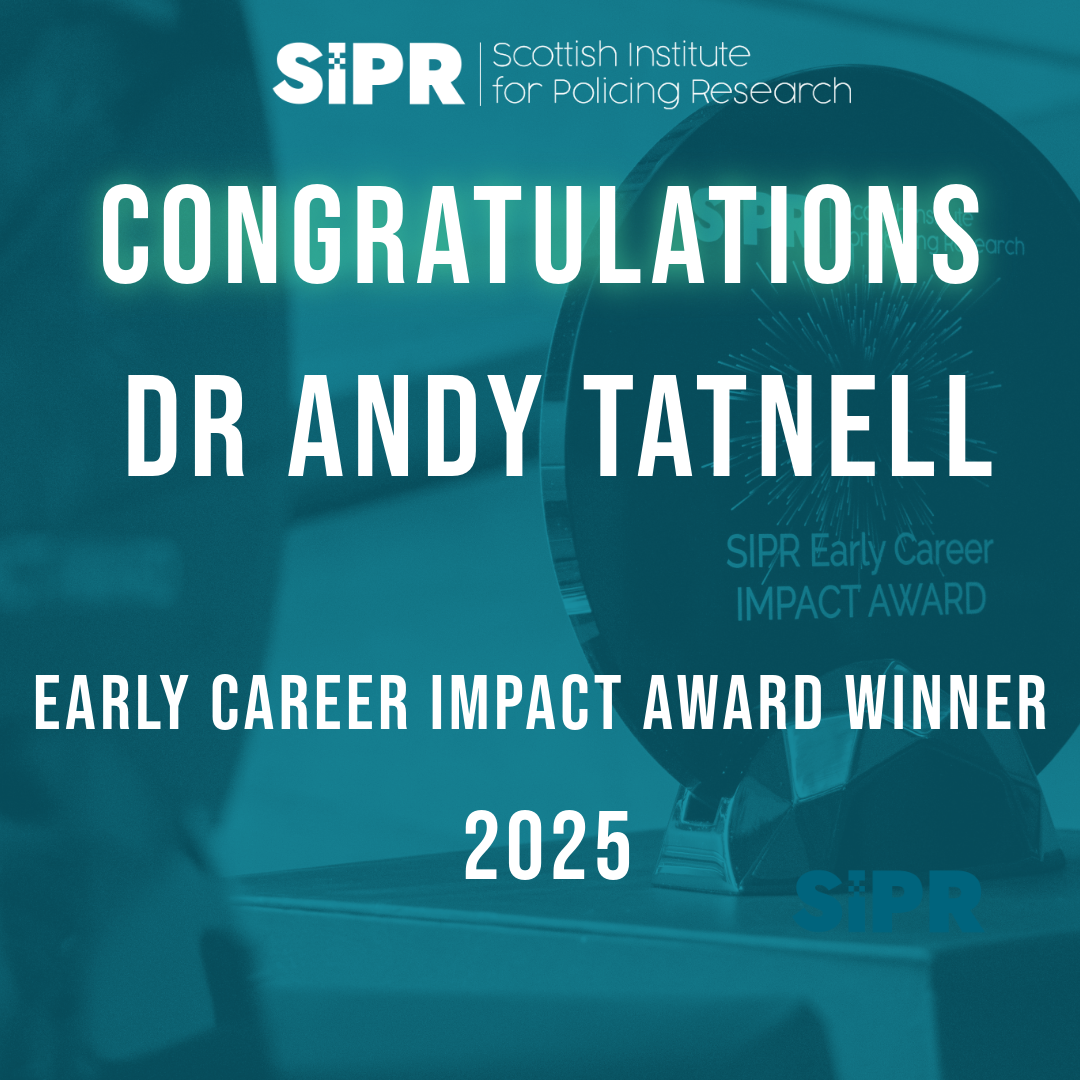Written by Dr Penny Woolnough, Abertay University & Associate Director for the SIPR Evidence & Investigation Network, in collaboration with Dr Rebecca Stenberg, Linköping University and Dr Maria Wolmesjö, University of Borås.
Police in the UK receive approximately 300,000 reports of missing children and adults per year, equating to 1 every 2 minutes. While the majority are found alive, some are the victim of a more sinister/fatal outcome including: accidental death, suicide, abduction and homicide. Furthermore, approximately 7000 individuals/their bodies remain un-located across the UK. The immense challenge of risk assessing and investigating every missing person is a significant police responsibility estimated to consume 13% of all police time, and financial costs quickly escalate to thousands/millions of pounds for cases involving large numbers of specialist officers and equipment (e.g., helicopters, divers, victim recovery dogs). This policing challenge is not unique to the UK – such statistics are equally applicable to other countries and on a recent knowledge exchange and collaboration trip to Sweden, visiting academics and the Swedish National Police, the shared operational challenges of investigating and searching for missing people was readily apparent.
The visit was organised and facilitated by Dr Rebecca Stenberg of the Center for Advanced Research in Emergency Response (CARER) at Linköping University and Dr and Associate Professor Maria Wolmesjö of the Centre of Welfare Studies in the Faculty of Caring Science, Work Life and Social Welfare at the University of Borås. In a manner, similar to SIPR, the Center for Advanced Research in Emergency Response is a collaboration between Linköping University and the Swedish Civil Contingencies Agency which aims to consolidate and strengthen the University’s research in risk, response and rescue area. CARER activities are primarily directed towards research and training to deal with society’s response capacity in cases of accidents, which includes everything from everyday accidents to the extraordinary events on local, national and global levels. It also seeks to combine and complement the traditional response resources, such as rescue and ambulance services, with other community resources including the individual. The Centre of Welfare Studies (CWS) research focuses on collaboration, leadership, organisation, health and technology in the welfare sector.
With these organisational aims, Rebecca Stenberg and Maria Wolmesjö have worked in close collaboration to establish critical connections with the Swedish Police and other officers working on search for missing persons with the aim of developing an associated research programme.
“Our research interest in the police rescue assignment, specifically the search for missing persons, came in the aftermath of an accident here in Sweden” says Dr Stenberg. “It raised a lot of questions about how this field of operations worked; the methods, personal resources, collaboration partners etc., and how agency collaboration in the saving of lives could be improved”. After a dialogue with a police officer, Dr Stenberg was invited to their basic training and found a very interesting field of research and, also importantly, a curiosity and interest from the Swedish police officers about what researchers could contribute. So, the work started out like a pilot study in order to map the field with a primary interest in what happened with persons with dementia and with psychiatric illnesses and/or depression. Other research questions have now been added, by the researchers and the police officers. While mapping the work, it was clear that no research had been conducted in Sweden but interesting research has been undertaken in Scotland. Via a meeting with Professor Nick Fyfe, contact was made with Dr Penny Woolnough at Abertay University who was invited to Sweden in May to share practice from the UK and to further consolidate links researcher-practitioner links in Sweden the hope of initiating collaboration both in terms of research and practice, between authorities in Sweden and Scotland. The visit consisted of an open lecture on police training at Linnaeus University in Växjö, where students, police lecturers, researchers and representatives from social care and NGOs where invited, a seminar at Linköping University for police leaders working specifically on search for missing persons and a meeting to discuss collaborative opportunities ahead.
Dr Woolnough presented details of how search is structured and organised in Scotland and then went on to illustrate how Police Search Advisors in the UK utilise geo-spatial profiling to help define search areas when searching for missing people. Describing both the Grampian Police work in this area and the subsequent I-Find work undertaken by the National Crime Agency she illustrated the potential for statistically driven planning to significantly inform the search process. This was identified as a key difference between the UK and Sweden and discussion was initiated in terms of the potential for applying exiting data in Sweden and collecting comparative data from Sweden to build on and extend the existing UK work.
Other key differences emerged in the course of the visit – in particular the priority for search in Sweden compared to a parallel search and investigation process in Scotland. Here in Scotland, following initial risk assessment and the allocation of appropriate resources ….in Sweden, on contrast, immediate efforts are directed at search and only after the initial search has taken place will an investigation, if deemed appropriate, be initiated. This difference appears to be as much to do with differences in resourcing and prioritisation of missing persons across the policing workload as anything else.
With a clear view on the fact that we can learn a lot by comparing our respective approaches and data, a core group of police and academics was formed in Sweden on the 28th May who agreed to work together to identify and drive forward a collaborative programme of research, training and development activities in relation to missing persons and search. In the first instance, this initial visit has served to consolidate initial links and to act as a platform for key activity across a core group of academics and practitioners in Scotland and Sweden. At this stage, planned activities include: a delegation from Sweden attending the 4th International Conference on Missing Children and Adults in Liverpool in July this year and then a meeting in Scotland in October, which will be comprised of officers from Police Scotland, the Swedish Police and Ottawa Police Service, Canada, who will also be attending the Law Enforcement and Public Health Conference in Edinburgh October. These next meetings will be important for further scoping key ideas for collaborative research, which will be refined and progressed. If anyone is interested in finding out more about this work or potentially contributing, please get in touch with Dr Penny Woolnough (p.woolnough@abertay.ac.uk); Rebecca Stenberg (rebecca.stenberg@liu.se) or Maria Wolmesjö (maria.wolmesjo@hb.se).
Comments are closed, but trackbacks and pingbacks are open
This work is licensed under a Creative Commons Attribution-NonCommercial-NoDerivatives 4.0 International License



